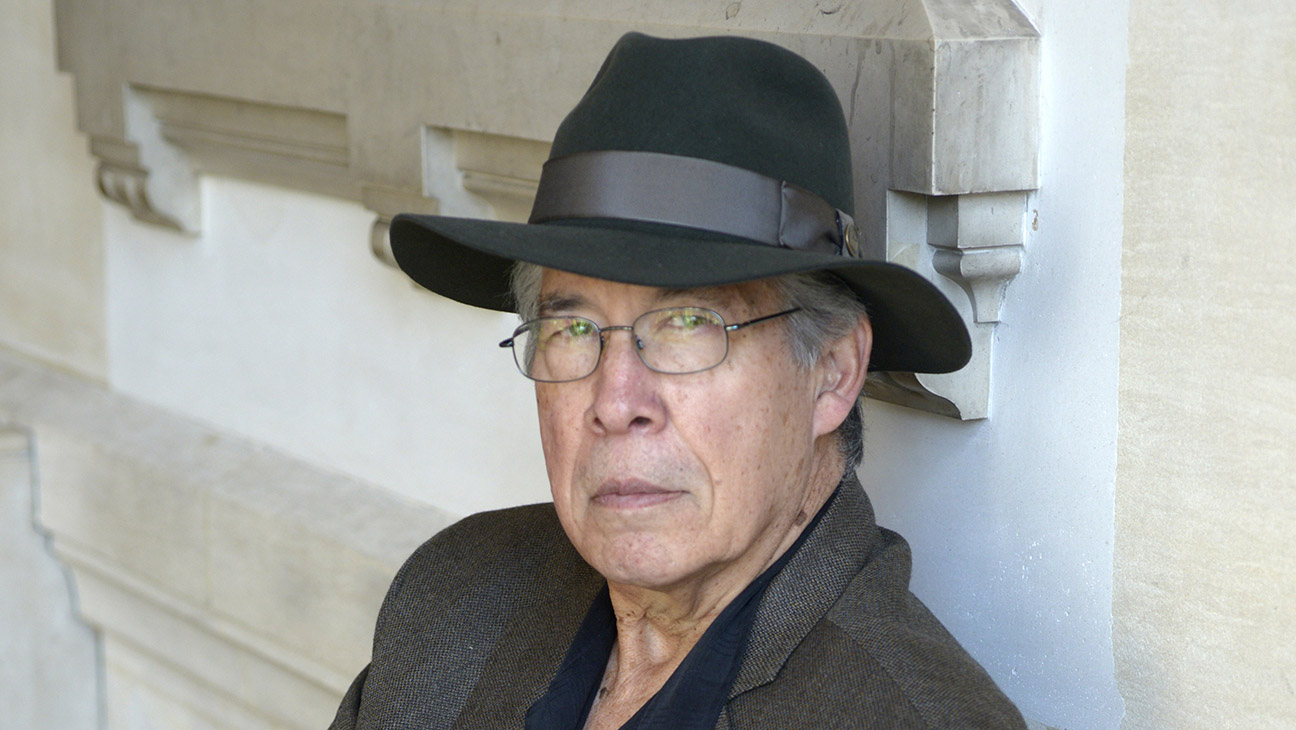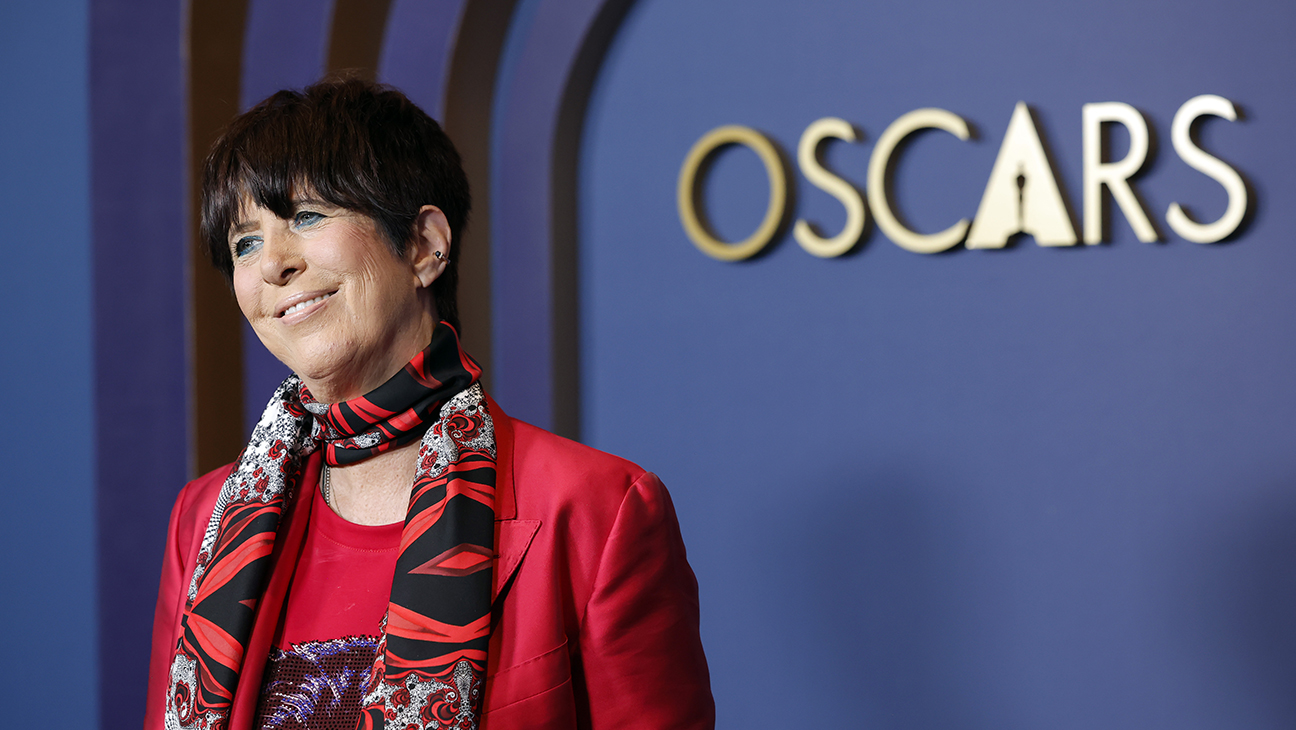In Dec. 2020, Michelle Latimer’s documentary Inconvenient Indian, a National Film Board of Canada adaptation of Thomas King’s book The Inconvenient Indian: A Curious Account of the Native People in North America, was pulled from the Sundance Film Festival after the director came under scrutiny for falsely claiming Indigenous family roots in an Algonquin community.
Now King, the American-Canadian writer of the 2013 meditation on what it means to be “Indian” in North America, has had to apologize after revealing the inconvenient truth about his own Indigenous identity: He is not, as long claimed, part Cherokee.
“No Cherokee on the King side. No Cherokee on the Hunt side. No Indians anywhere to be found,” King wrote Monday in a column for the Globe and Mail newspaper after a recent investigation by the U.S.-based Tribal Alliance Against Frauds told the California-born writer, actor and screenwriter he had no known Indigenous ancestry after a genealogical search was completed.
The shocking reveal is the latest embarrassing twist for a Canadian media industry that has been supporting Indigenous artists and filmmakers, including with the offer of generous production subsidies. Five years ago, Latimer apologized after claiming she mistakenly named Kitigan Zibi as her family’s ancestral community in Quebec before confirming that link with local elders.
And earlier this year, Canadian American singer-songwriter Buffy Sainte-Marie was stripped of the Order of Canada, the country’s highest civilian honor, after a 2023 investigation by the CBC’s The Fifth Estate series alleged Sainte-Marie had been fraudulently posing as Native over the course of her 60-year career.
Sainte-Marie in 1982 earned a best original song Oscar for co-writing “Up Where We Belong” as part of the score for the movie An Officer and a Gentleman. She shared the Oscar trophy with lyricist Will Jennings and co-writer Jack Nitzsche.
King, whose literary career has been built on telling Indigenous stories, long claimed to be the son of a Greek mother and a Cherokee father. After being raised in California, he moved in 1980 to take a teaching post at the University of Guelph, northwest of Toronto.
As a screenwriter, King penned episodes of the 1990s mystery crime drama North of 60 set among Aboriginal people in the fictional town of Lynx River, Northwest Territories. And he directed the 2007 short film I’m Not the Indian You Had in Mind, where King appeared on screen alongside fellow Canadian First Nations actors Tara Beagan and Lorne Cardinal.
In his Nov. 24 essay, King insisted he never knowingly tried to deceive about claimed Cherokee roots. And after approaching the Tribal Alliance Against Frauds to address recent speculation around his Indigenous identity, King added he had been devastated by the findings.
“At 82, I feel as though I’ve been ripped in half, a one-legged man in a two-legged story. Not the Indian I had in mind. Not an Indian at all,” King wrote.





